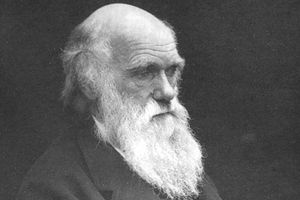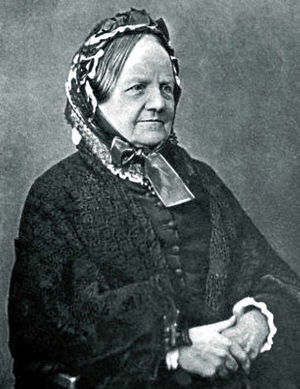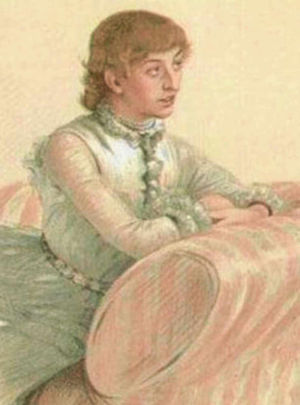Insight on evolution of Charles Darwin's thinking
He was renowned for his thoughts on life, some of them insightful, some witty and some controversial. Today a new insight was provided into the views of Charles Darwin and how his ideas evolved with age.

Nothing illustrates this more starkly than in Darwin's attitude to women.
According to a study of letters written by the Shropshire-born naturalist, he started out believing the female sex was "an object to be loved and played with – better than a dog".

But Philippa Hardman, a research associate at Cambridge University, found that his attitude changed over time.
Dr Hardman said Darwin, who was born in Shrewsbury in 1809, later went out of his way to back women's scientific work and often wrote to campaigners for women's rights.
Dr Hardman sair: "Darwin was no feminist. But our research has shown that his views on gender were a lot more complex than has been acknowledged.
"As a published scientist, Darwin usually reflected and reinforced middle-class, Victorian gender ideology, which saw women as domestic creatures who should look after children and the home.
"In his letters, though, we encounter a world of private thoughts and actions, which defied those ideals."
Darwin was famous for his cutting remarks on life and society. He dismissed Shakespeare as "nauseating" and expanded his theories on evolution to include the state of society and its ills including alcoholism, class and poverty.
Early letters written by Darwin would certainly raise eyebrows today, particularly with his views on marriage.
When contemplating whether to marry in 1838, Darwin noted that one advantage to doing so was that a wife would be an "object to be loved and played with — better than a dog anyhow".
Later in his work The Descent of Man, published in 1871, the scientist attacked John Stuart Mill's discourse in The Subjection of Women by writing: "Woman seems to differ from man in her mental disposition, chiefly in her greater tenderness and less selfishness."

However, only one year later, he wrote to naturalist Mary Treat urging her to make sure her work on butterflies was taken seriously in the science world.
In one letter, he advised her to get the work published "in some well known scientific Journal."
Dr Hardman, whose work is called the Darwin Correspondence Project, also said that Darwin's archive includes supportive letters to women who campaigned for gender equality. Darwin held correspondence with women who went beyond traditional gender roles, writing warmly to Florence Dixie, a traveller, writer and hunter who called for votes for women.
She also published a novel, categorised as fantasy at the time, in which men and women lived as equals.
Another of Darwin's exchanges is a letter to Lydia Becker, secretary of the National Society of Women's Suffrage. In the correspondence, Darwin makes clear that he did not endorse her views.
However, he did send her scientific papers that were discussed at the Manchester Ladies' Literary Society – a forum to discuss science for women.
Dr Hardman said that Darwin may have kept his real views on gender quiet because he felt his work was controversial enough.
The world according to botanist Charles Darwin 1809-1892:
A man who dares to waste one hour of time has not discovered the value of life.
"An American monkey, after getting drunk on brandy, would never touch it again, and thus is much wiser than most men.
If the misery of the poor be caused not by the laws of nature, but by our institutions, great is our sin.
A mans friendships are one of the best measures of his worth.
A scientific man ought to have no wishes, no affections, a mere heart of stone.
I have tried lately to read Shakespeare, and found it so intolerably dull that it nauseated me.
Blushing is the most peculiar and most human of all expressions.
It is not the strongest of the species that survives, nor the most intelligent, but the one most responsive to change.
I can indeed hardly see how anyone ought to wish Christianity to be true, for if so the plain language of the text seems to show that the men who do not believe will be everlastingly punished. And this is a damnable doctrine.





